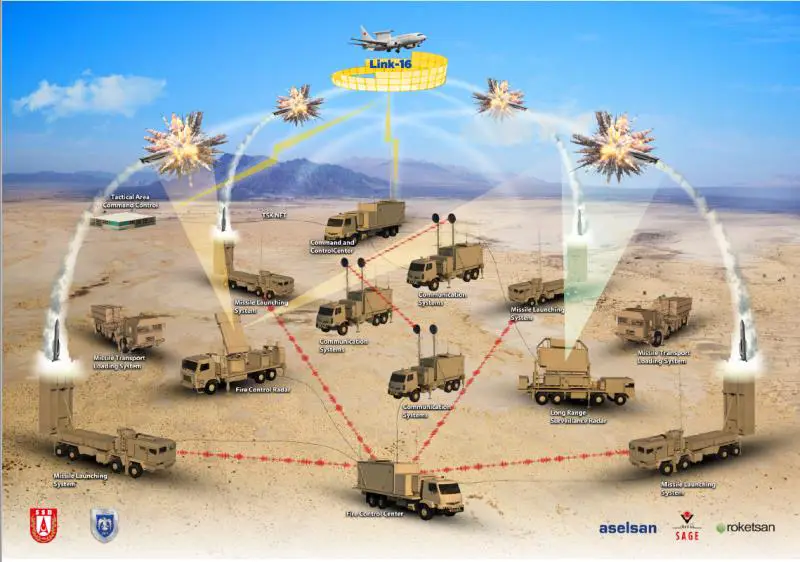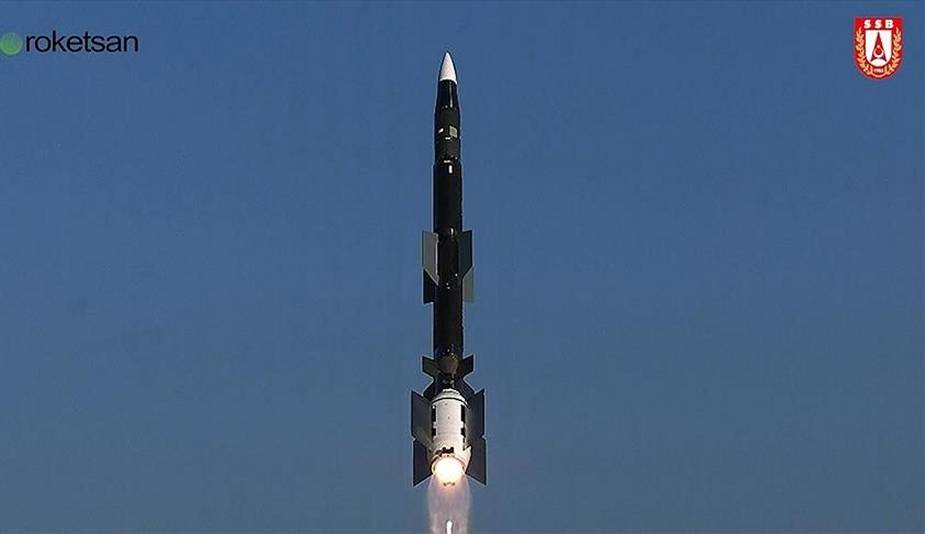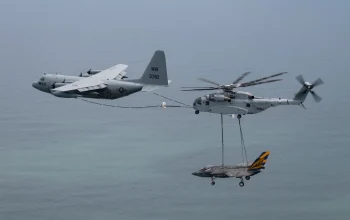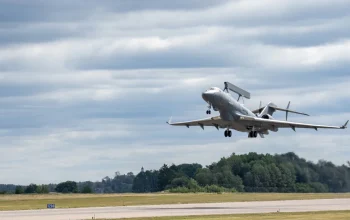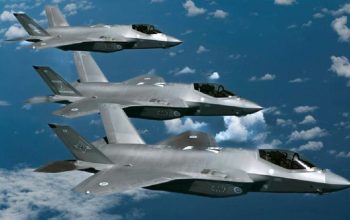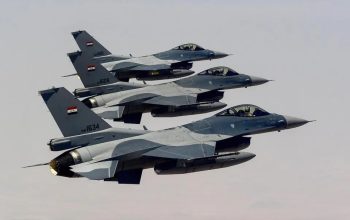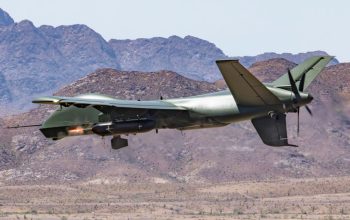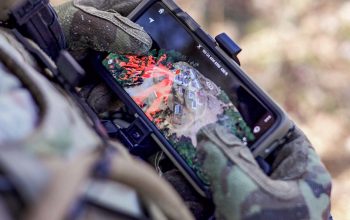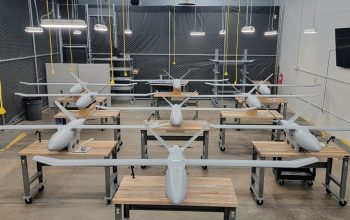Turkey has successfully test-fired its high-altitude long-range air defense missile system, Siper. The Siper project is led by Turkey’s defense giants Aselsan, Roketsan and the Scientific and Technological Research Council of Turkey (TÜBITAK)’s Defense Industries Research and Development Institute (SAGE). Different tests of the domestic air defense system, which is planned to enter the army’s inventory in 2023, will continue, Ismail Demir, the head of Presidency of Defense Industries (SSB). Turkey will continue to produce new weapons and will have up to six different air defense systems.
Besides Siper, which is expected to rival Russia’s S-400, the Korkut, Sungur and Hisar air defense systems are also in place, systems set to outline a layered air defense for the country, as mentioned several times by the officials. Developed to protect strategic facilities against enemy attacks within the scope of regional air defense, Siper will allow air defense at long range and in the protection of distributed architecture. Developed to protect strategic facilities against enemy attacks within the scope of regional air defense, Siper will allow air defense at long range and in the protection of distributed architecture.
Developed by Roketsan, Sungur will be integrated in land, air and sea platforms with its portable feature. In this context, the first delivery within the scope of serial production of Korkut systems was carried out in 2019, and the pedestal-mounted air defense system Sungur was also put into service. The air defense system has the capability of shooting while moving, along with effective target detection, diagnosis, identification, tracking and 360-degree shooting capability day and night. Sungur is ahead of its class in terms of effectiveness, high maneuverability, high target-hit capacity and countermeasures.
